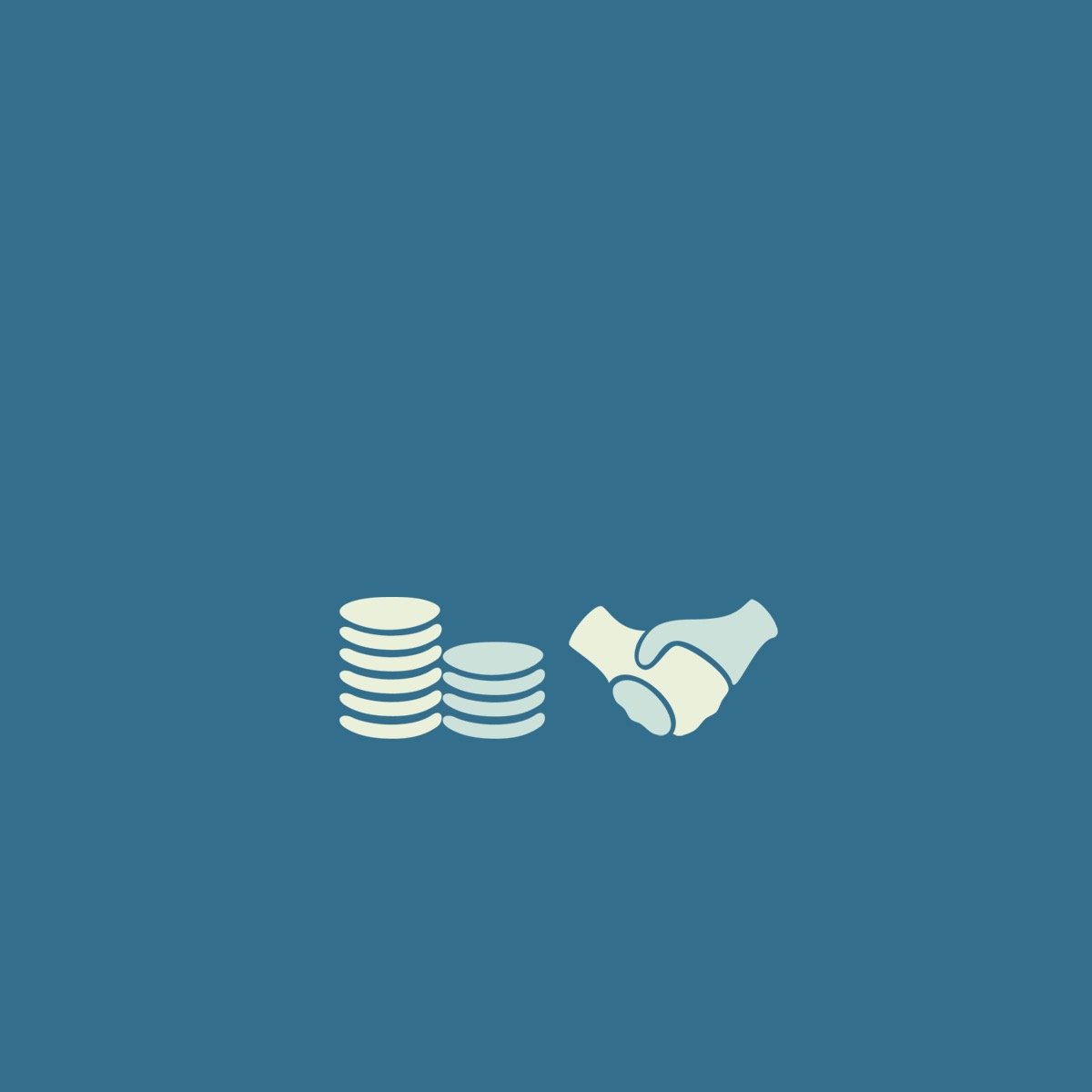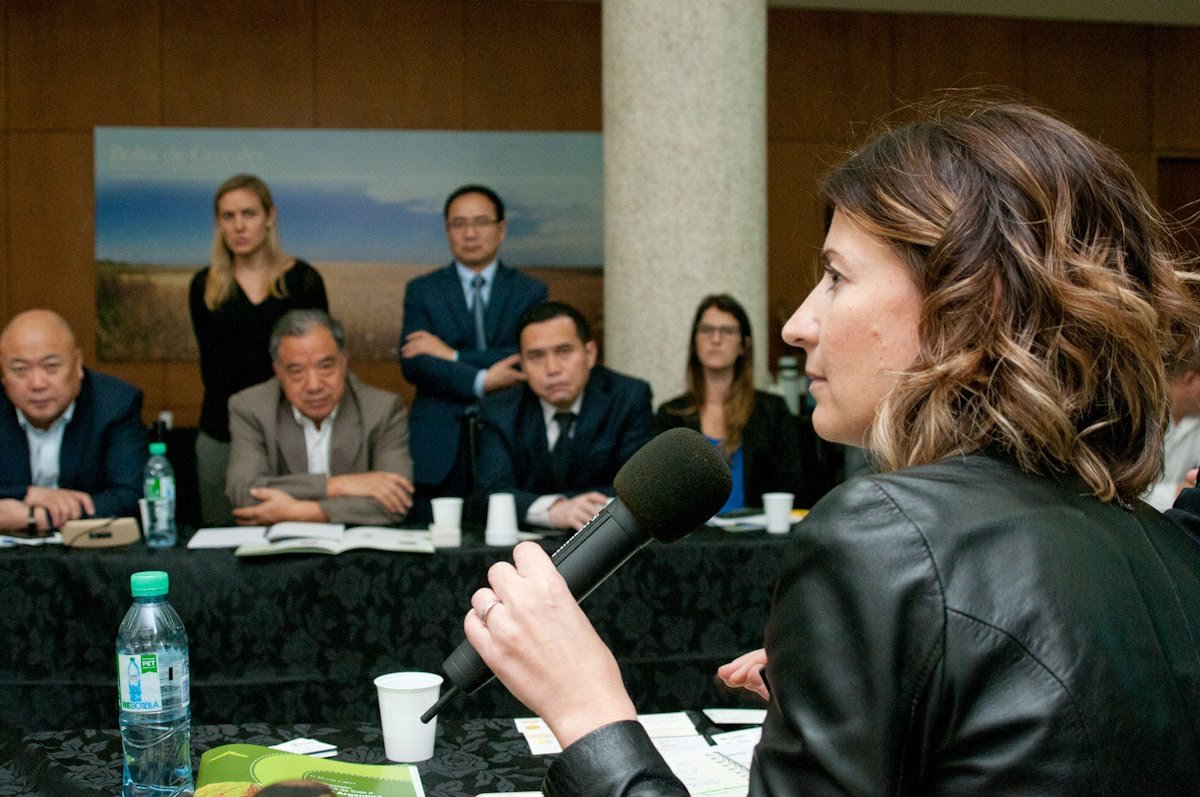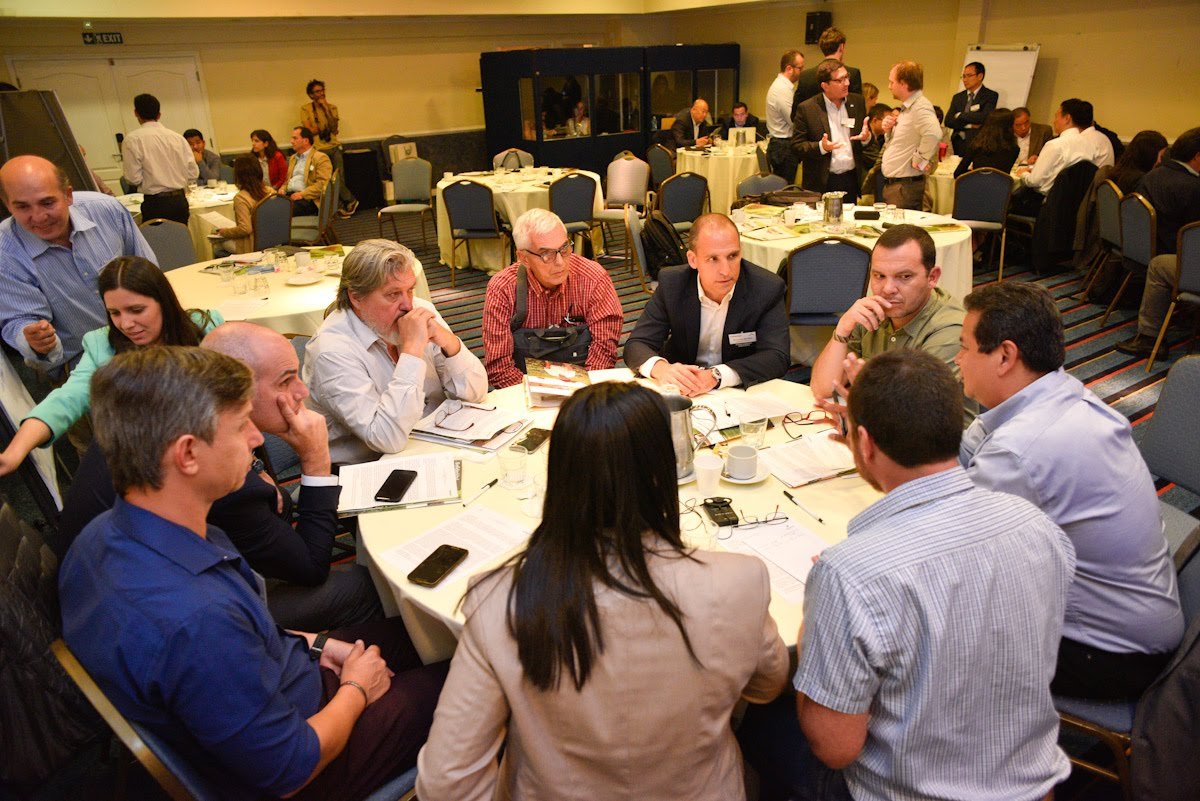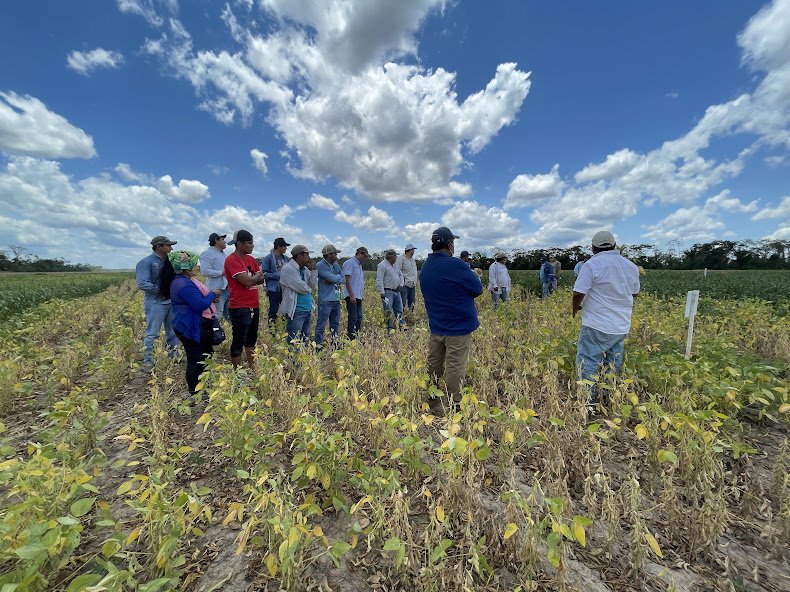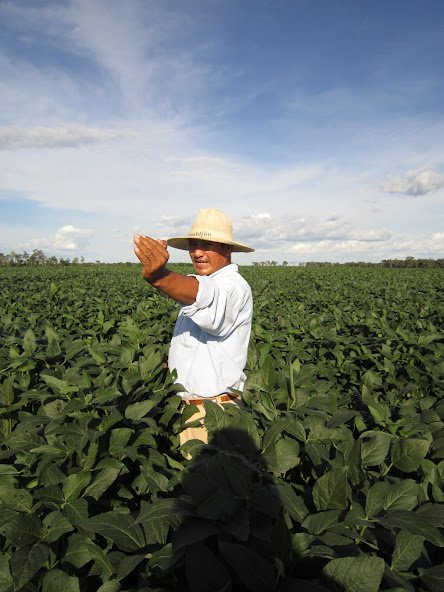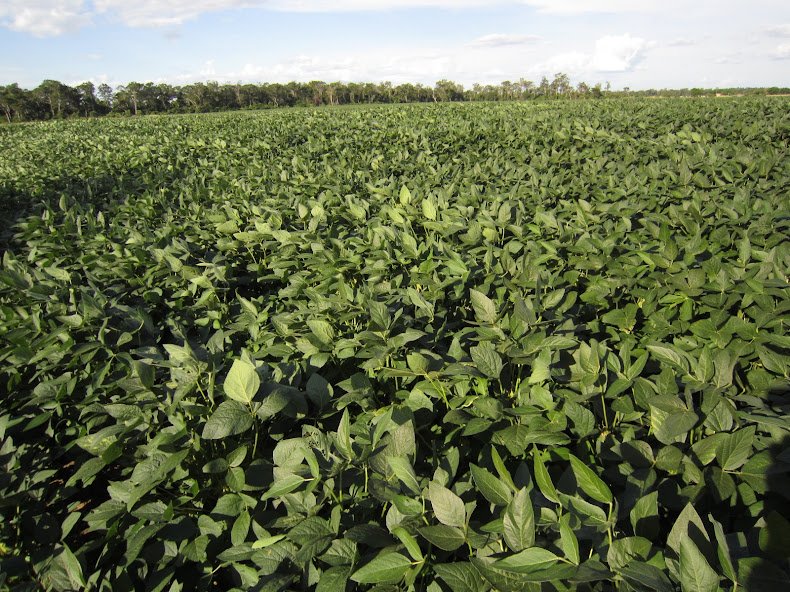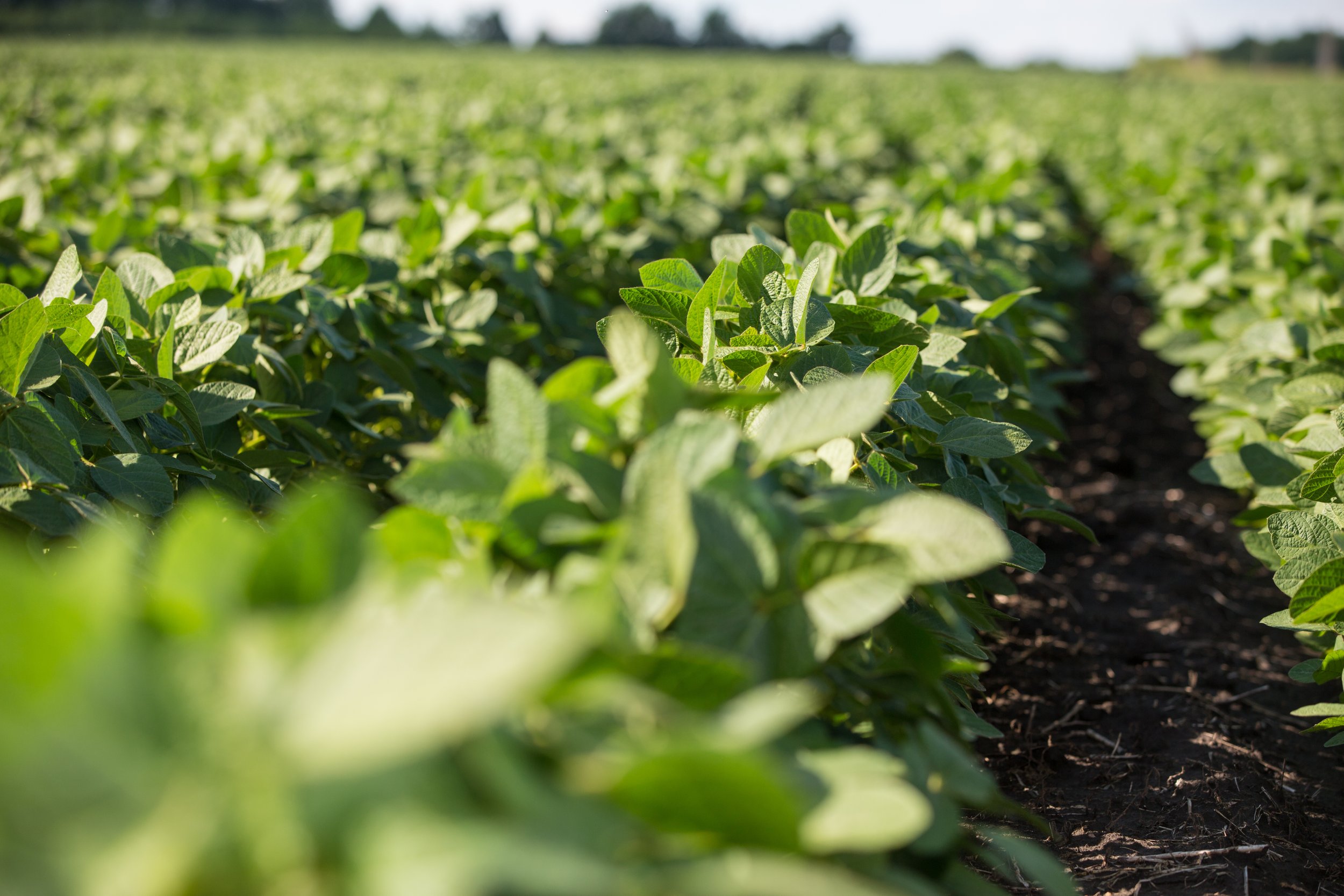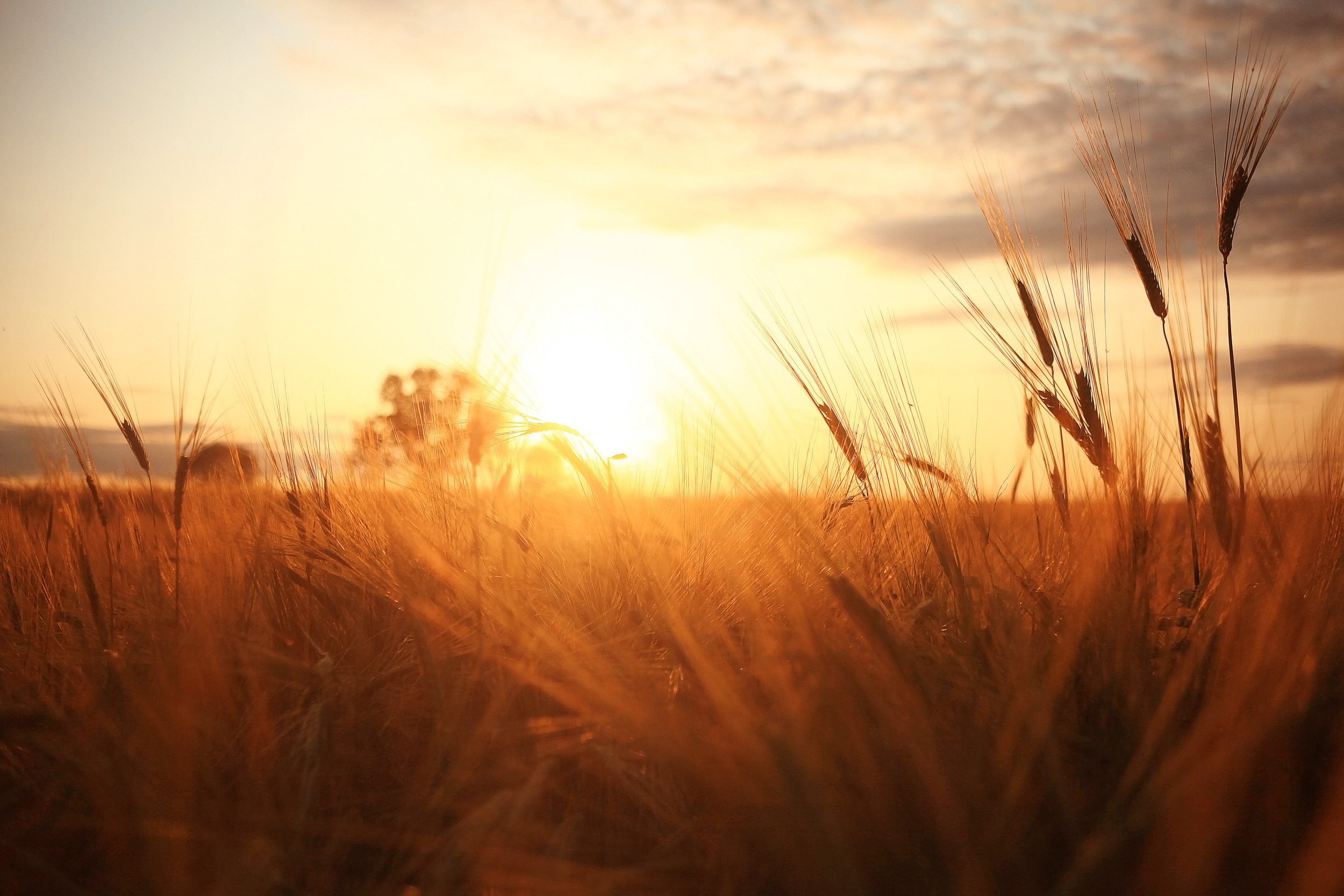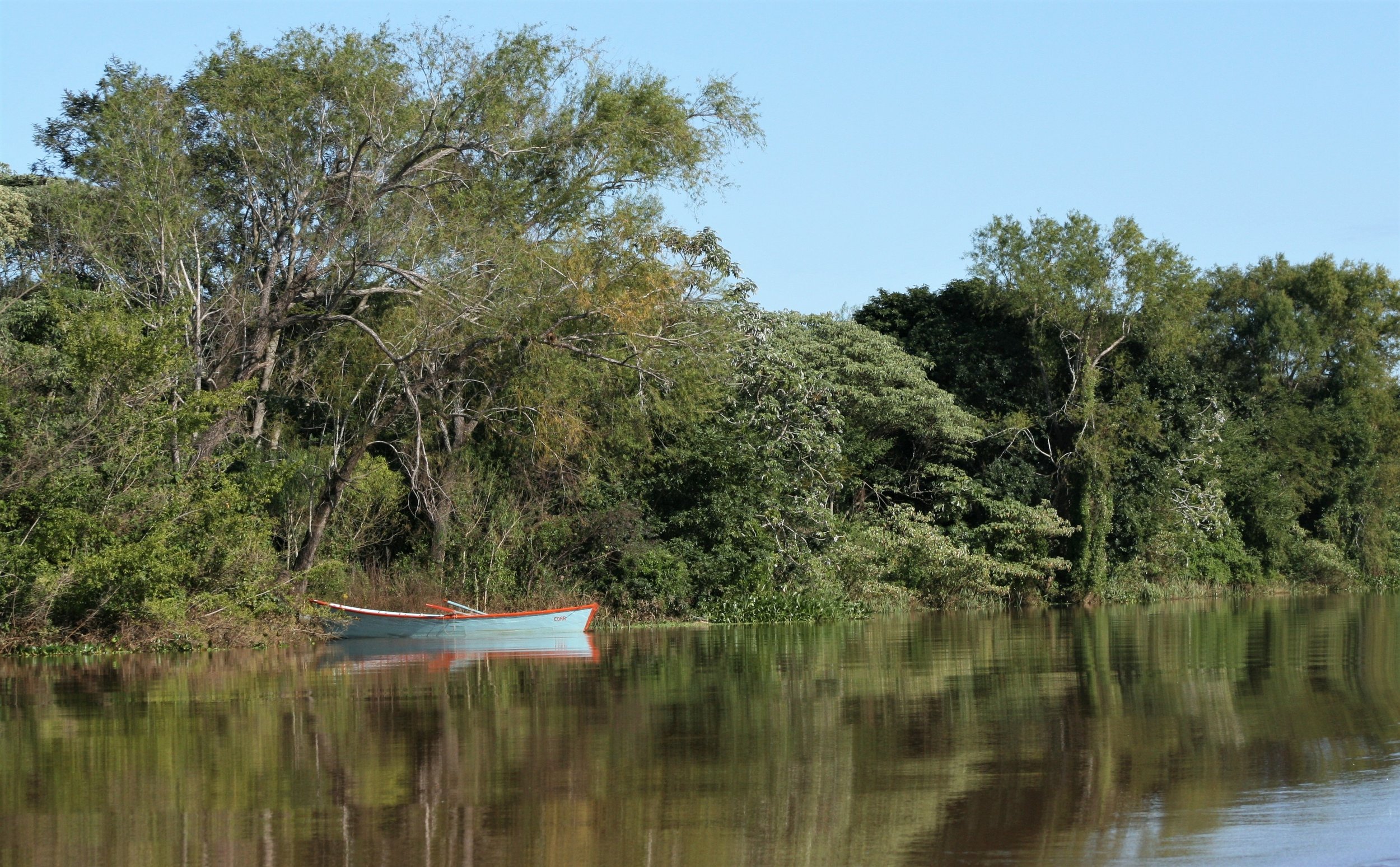Sustainable Soy in the Paraguayan and Bolivian Gran Chaco
Policies and tools for change designed through a multistakeholder process
START
September 2022
DURATION
36 months
LOCATION
Paraguay and Bolivia
STATUS
Ongoing
The Solidarity project uses a multisectoral approach to identify and define sustainable soy criteria and protocols needed by the Gran Chaco region, and then to turn that consensus into technological or regulatory tools for innovation adapted to local needs, in dialogue with similar initiatives in Argentina's neighbors and with the international sustainability agenda (European Union). Conducted in partnership with local institutions - potentially the National Association of Oilseed and Wheat Producers (ANAPO) in Bolivia and the Association of Agricultural Producers for a Sustainable Chaco (APACs) in Paraguay – the initiative will help pave the way to developing and implementing innovative solutions in various segments such as public policies, systems and tools for compliance verification, and governance.
The dry forests of the Gran Chaco contain enormous biodiversity and major carbon stocks. With more than seven million inhabitants, this biome is a rich source of cultural and social diversity. The growing demand for soy and beef has triggered an uncontrolled expansion of land use in the region. In Bolivia, the challenge is to finally define sustainable soy production while also establishing a production framework to implement private policies and possibly change the country's laws. In Paraguay, the spread of soy plantations creates the need for sustainable production models that can be replicated and accepted by all the region's stakeholders.

